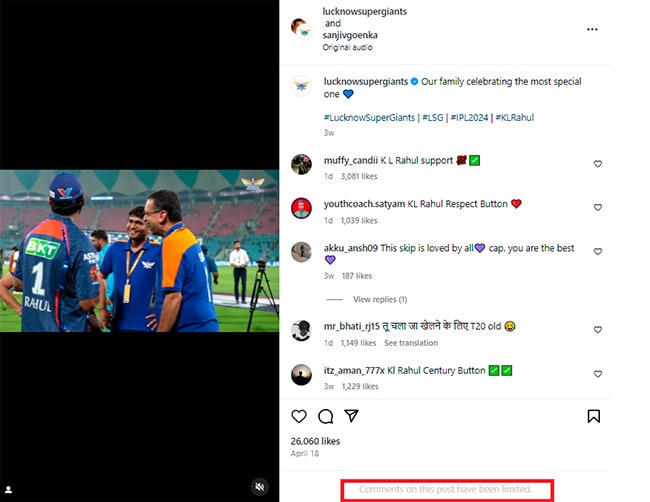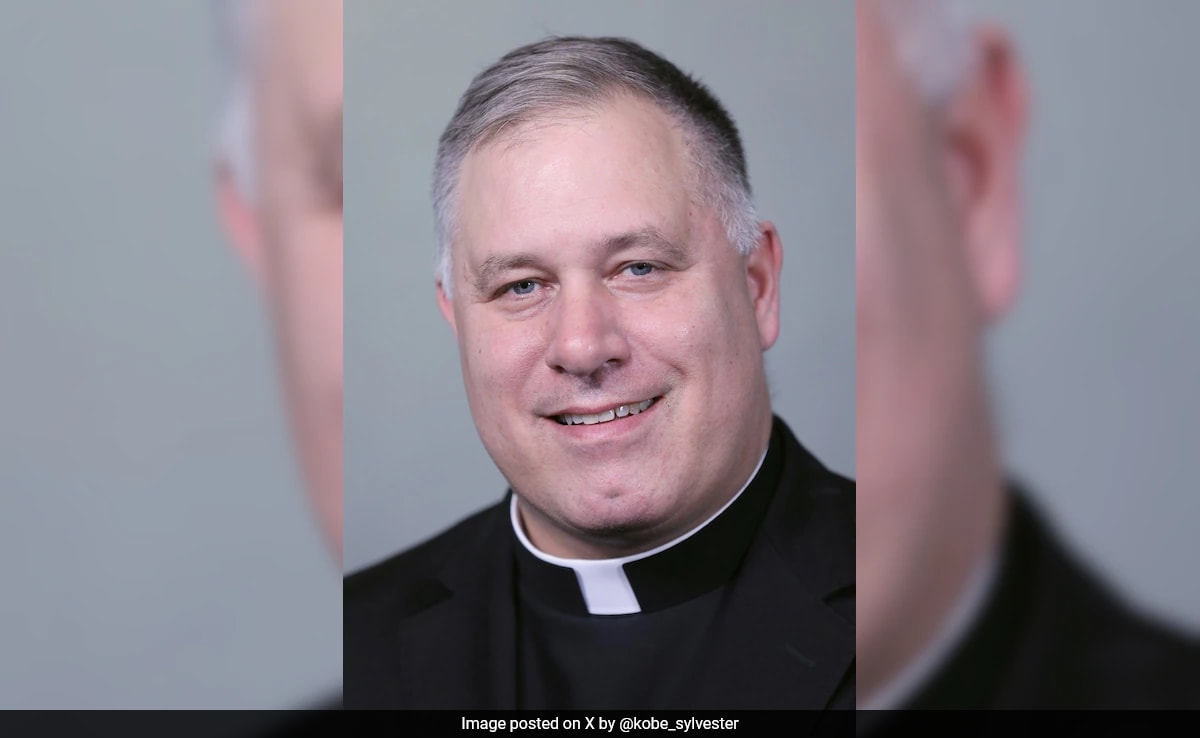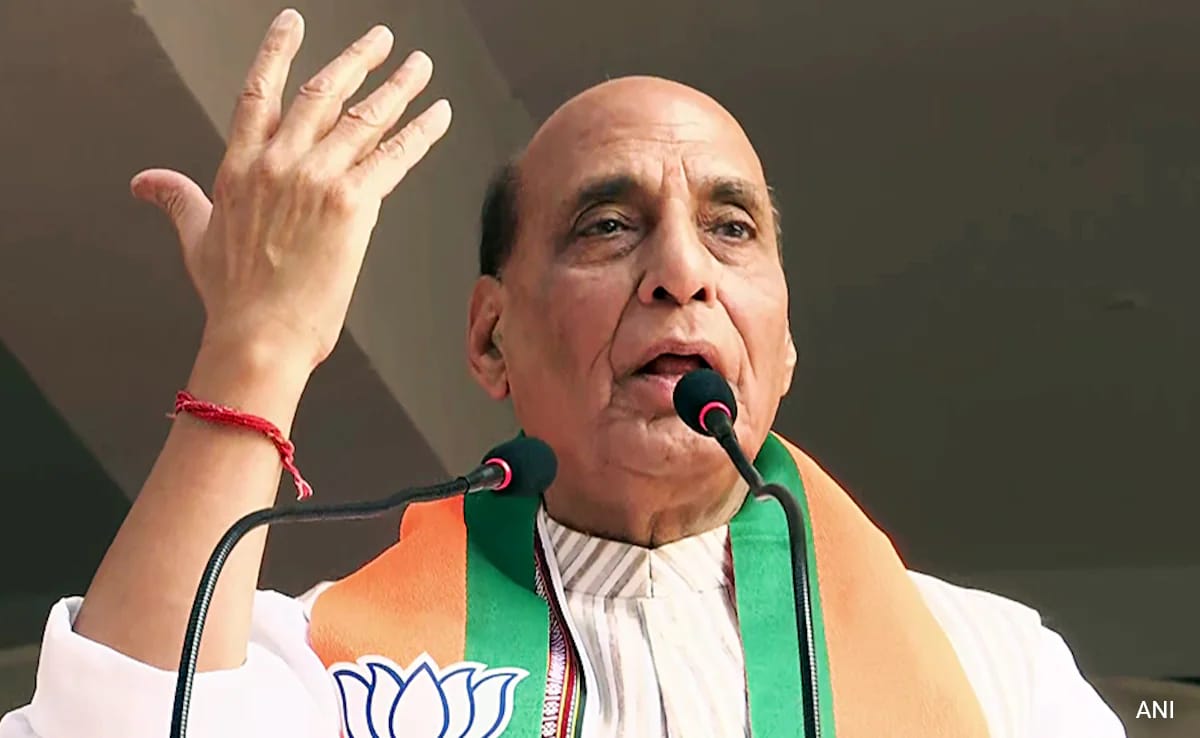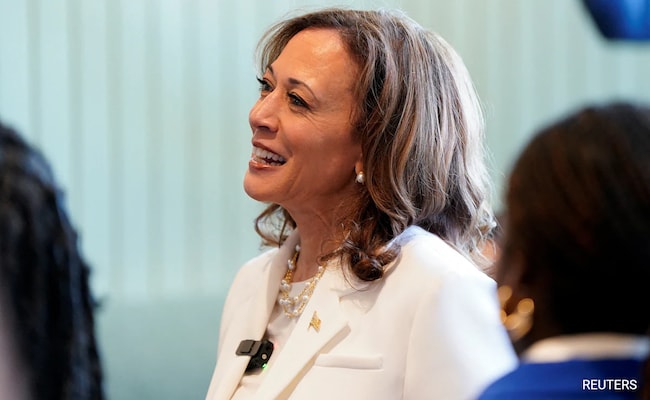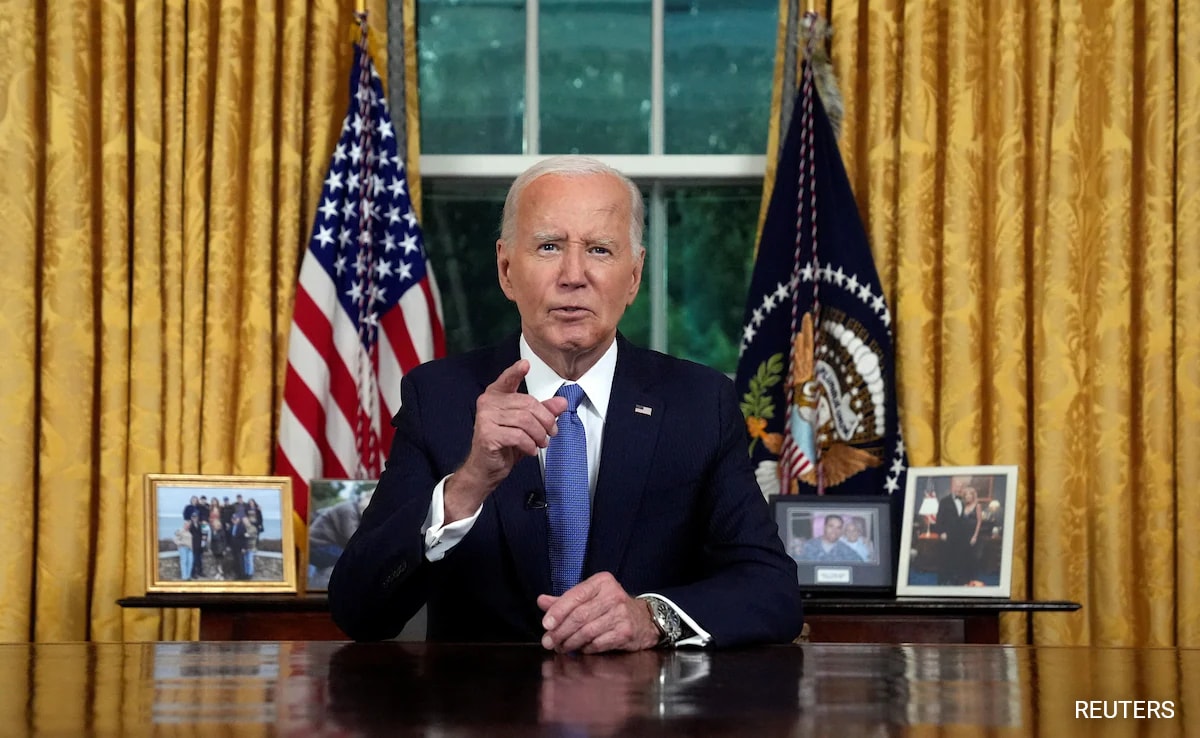Burrill alleges that The Pillar obtained the data from Catholic Laity
A Wisconsin priest who lost his job after being outed for using Grindr is suing the queer dating app, alleging that his data was sold without his knowledge or consent.
Monsignor Jeffrey Burrill, who served as the top administrator of the US Conference of Catholic Bishops (USCCB) until his resignation in 2021, claims that Grindr failed to inform him that his data was being sold to vendors, thereby allowing people outside the app to discover his presence on it.
Burrill’s lawsuit, obtained by the Washington Post, states that the release of his data caused “significant damage” to his reputation, particularly given his vow of celibacy as a priest and the Catholic Church’s long-standing stance against homosexual acts.
Burrill was forced to resign from his position after the Christian news website “The Pillar” published a story exposing his visits to gay bars and use of the dating app, reporting that it had tracked and verified his behaviour using online data.
In his lawsuit, Burrill alleges that The Pillar obtained the data from Catholic Laity and Clergy for Renewal (CLCR), a Christian non-profit organization that purchased data from queer dating apps to identify Church leaders using them in violation of their vows, implying that Grindr had sold the data to the organization.
“We want answers so we can use that as a warning to other Grindr users,” said Gregory Helmer, an attorney for Burrill.
The priest said he’d never have joined the app had he known his data would be available to the public, according to the lawsuit.
“To have that decision forced out of your hands and into the public realm is reprehensible,” James Carr, another attorney representing Burrill, told the Washington Post.
Burrill, who is still “getting on his feet” following the “shame and embarrassment” of his outing, according to his lawyer Helmer, requested $5 million in damages from Grindr in June.
After Grindr declined his request, Burrill filed a lawsuit on July 18, seeking damages and the implementation of policies to prevent user data from being publicly available without users’ knowledge.
Grindr told the Washington Post it would “respond vigorously to these allegations, which are based on mischaracterizations of practices relating to user data,” and previously denied making user data publicly available.
CLCR admitted to obtaining data from Grindr in the past to expose clergy members but claimed it did not provide any data to The Pillar.
Burrill’s ousting sparked widespread criticism, with many condemning The Pillar’s use of data as dangerously homophobic.
Waiting for response to load…





